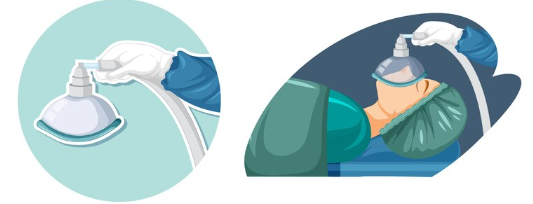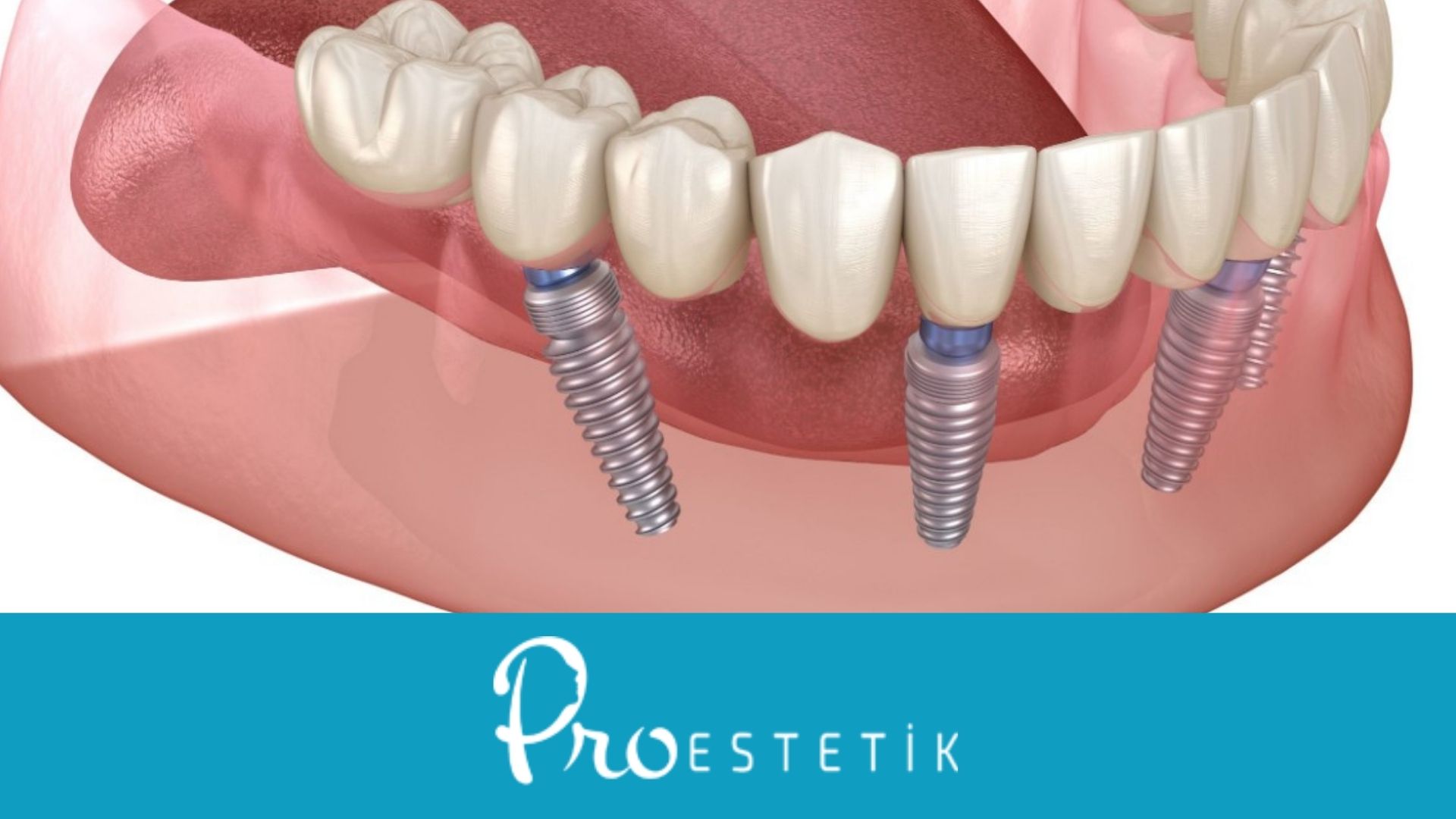Sedation in dental treatment is a medical procedure involving the induction of a sleeping state in the patient. It is a type of anesthetic process used to calm individuals during dental procedures, ensuring they do not experience pain or anxiety.
Definition of Sedation in Dental Treatment:

Sedation in dental treatment involves the administration of sedative drugs to induce a relaxed state. The amount of medication is determined by the doctor and specialized personnel. This method is particularly beneficial for individuals with dental phobia or high levels of fear and anxiety.
Types of Sedation Anesthesia:
There are two main types of sedation anesthesia:
- Deep Sedation (Unconscious Sedation): In this form, the patient is completely asleep, and their consciousness is closed off, ensuring they do not feel any pain during the procedure.
- Conscious Sedation: This involves inducing a lighter sleep state in the patient. The individual remains conscious and can respond to questions, but they do not feel pain. Lighter sedative drugs are used in this process.
Sedation Process in Dental Treatment:

The sedation process in dental treatment can be administered orally or through injection. Before the procedure, an anesthesiologist measures the patient's pulse and blood pressure. The effects of sedation become apparent shortly after application, and potential side effects such as headaches or weakness may be observed post-treatment.
Patient Feedback on Sedation:
Individuals who undergo sedation often report feeling calm and pain-free during the procedure. The anxiety and panic associated with dental phobia are alleviated, facilitating a more comfortable dental treatment experience.
Candidates for Sedation:
Sedation in dental treatment is typically recommended for individuals with severe dental anxiety, during procedures such as colonoscopies or endoscopies, and for operations like impacted wisdom tooth extraction. The decision to apply sedation is made by a specialized team, considering factors such as age, gender, and overall health.
Duration of Sedation Effects:
The sedation process is tailored to the duration of the dental treatment. While the effects wear off shortly after the procedure, complete recovery may take a bit longer. Mild side effects like headaches or weakness may be experienced as the sedation effects fully dissipate.
For further information or to discuss the possibility of undergoing sedation during dental treatment, feel free to contact us and take advantage of our free consultation services.

 English
English Turkish
Turkish Deutsch
Deutsch العربية
العربية![[:en]Sedation in Dental Treatment: What is it and How is it Administered?[:tr]Diş Tedavisinde Sedasyon Nedir? Nasıl Uygulanır?[:de]Sedierung bei der Zahnbehandlung: Was ist das und wie wird sie durchgeführt?[:ar]تخدير أثناء علاج الأسنان: ما هو وكيف يتم تنفيذه؟[:] Diş Tedavisinde Sedasyon](https://proestetik.com.tr/wp-content/uploads/2024/01/dis-tedavisi-sedasyon4.png)










